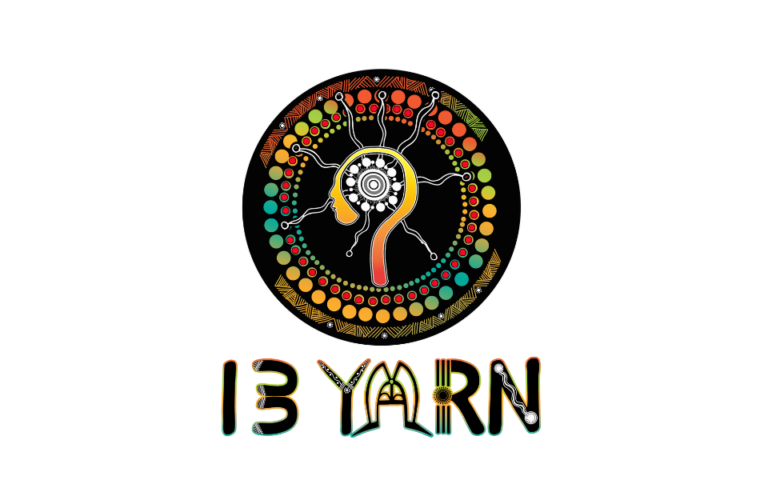Understanding work-related stress
Work-related stress describes the experience of feeling overwhelmed or unable to cope with the demands of your job. This can happen when the pressures and expectations placed upon you exceed your available resources, such as time, skills, or support.
While some level of stress is inevitable in most jobs, it becomes problematic when it becomes excessive or chronic. This can lead to negative consequences, impacting physical and mental health, decision-making, and overall wellbeing.
It is important to distinguish healthy pressure from unhealthy stress. Pressure can be motivating and encourage learning and growth. However, when it becomes excessive or uncontrollable, it tips over into stress and can negatively impact health and performance.
Recognising the signs of work-related stress
Work-related stress can manifest in several ways, impacting your physical, psychological, and behavioural wellbeing. Here are some signs to watch out for, noting that they can vary from person to person:
Physical symptoms
- Fatigue or exhaustion: Feeling drained and lacking energy.
- Sleep difficulties: Difficulty falling asleep, staying asleep, or having restless sleep.
- Muscle tension and headaches: Frequent tension pains and headaches.
Psychological symptoms
- Feeling down or hopeless: Experiencing low mood, sadness, or feelings of hopelessness.
- Feeling anxious or worried: Increased worry, feeling on edge, or experiencing anxiety.
- Difficulty concentrating or making decisions: Trouble focusing or making clear decisions.
Behavioural symptoms
- Changes in work performance: A decline in your usual work quality, motivation, or productivity.
- Increased absenteeism or presenteeism: Missing work more frequently or going to work but being unproductive.
- Relationship problems: Difficulty maintaining healthy relationships with colleagues or loved ones.
- Social withdrawal: Isolating yourself from friends and family activities.
- Unhealthy coping mechanisms: Turning to unhealthy habits like smoking or increased alcohol consumption to manage stress.
- Irritability and mood swings: Irritated more than usual, frequent frustration, a short temper, or teary.
Understanding the causes of work-related stress
Work-related stress can stem from various factors. Here are some contributors to be aware of:
- Job demands: High workloads, tight deadlines, long hours, and pressure to perform can all contribute to feeling overwhelmed and stressed.
- Lack of control: Feeling unable to influence your workload or decision-making can lead to frustration and helplessness.
- Poor support: Insufficient support from colleagues and supervisors can leave you feeling isolated and unable to cope with challenges.
- Role ambiguity and conflict: Uncertainty about your responsibilities or conflicting demands can create confusion and stress.
- Organisational changes: Mergers, restructuring, or job insecurity can create a stressful and unstable work environment.
- Workplace conflict: Experiencing bullying, discrimination, or disrespect can cause significant emotional distress.
How to manage work-related stress
Work-related stress is a common experience, and various strategies can help you manage it effectively. What works for one person might not work for another. The most suitable approach will depend on your specific situation and workplace dynamics. Below are some tips to consider:
Healthy work-life balance
- Talk to your manager: If possible, discuss your concerns with your manager or supervisor and explore potential solutions to address workload, expectations, or other factors contributing to your stress.
- Manage workload: Avoid taking on too much at once. Prioritise tasks, delegate if possible, and set realistic expectations.
- Set boundaries: If you can, disconnect from work outside designated working hours. This includes resisting the urge to answer emails or calls outside work hours and avoiding taking work home. Ask yourself if that email can wait until the following day before responding.
- Schedule breaks: Take regular breaks throughout the day to recharge – even five minutes to make a cup of tea can make a difference. Use your annual leave for relaxation and rejuvenation.
- Engage in activities you enjoy: Dedicate time outside work for hobbies, spending time with loved ones, or pursuing personal interests.
Stress management techniques
- Relaxation techniques: Explore practices like meditation, mindfulness, or deep breathing exercises to help manage stress and improve focus.
- Physical activity: Regular exercise is powerful for reducing stress and promoting overall wellbeing.
- Healthy habits: Prioritise a balanced diet, adequate sleep, and healthy lifestyle choices to support your physical and emotional resilience.
Seeking support
- Talk to someone you trust: Share your concerns with a friend, family member, mentor, counsellor, GP, or psychologist. Talking about your experiences can provide valuable support and different perspectives.
- Employee Assistance Programs (EAPs): If your workplace offers an EAP, use the available resources and services for confidential counselling and support.
- Professional help: Consider seeking professional help from a psychologist or counsellor if you find it difficult to manage stress on your own.
Additional tips
- Time management: Develop strategies to prioritise tasks, set realistic timeframes for completing tasks, and minimise distractions.
- Positive self-talk: Challenge negative thought patterns and practise self-compassion.
- Assertiveness: Learn to communicate your needs effectively and set boundaries in a respectful manner.
- Healthy relationships: Nurture positive relationships with colleagues and loved ones for support and connection.
- Support if you are being bullied: If you are experiencing bullying or harassment in the workplace, the Australian Human Rights Commission website has helpful information on what you can do, along with links to your local health and safety authority. You have the right to be in a safe workplace free from bullying and harassment.
It is okay to admit that things are too much. Review your situation objectively, consider your options, and think about what you can control and change about your situation.
If you need to talk a counsellor about any stresses you are feeling, call Suicide Call Back Service 1300 659 467 or click on the floating chat button on the right for online counselling. Our service is open 24/7 and is free.
If it is an emergency, call 000.









